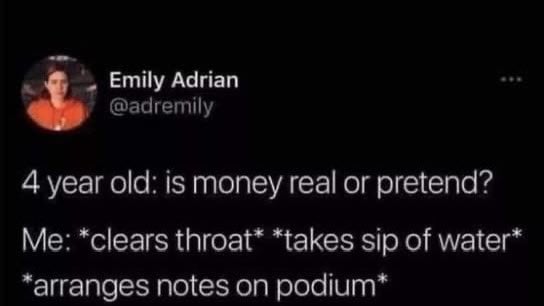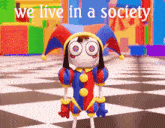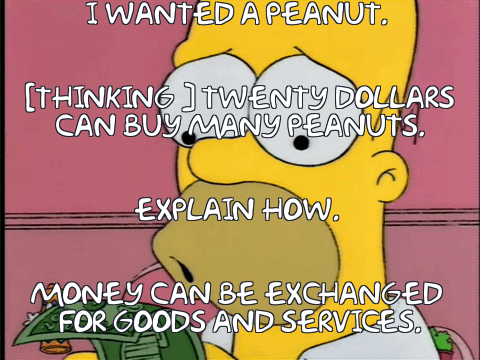Almost everything is pretend though, unless we're talking about the basic laws of science (and even those change with context).
Language is "pretend". Words don't mean anything unless we all agree they mean something.
Valuing family is "pretend". We all agree to give family importance, but plenty of animals don't.
All laws are pretend. Country borders are pretend. Gender roles are pretend. Social position is pretend. Even my job is only my job because everyone agrees to give me responsibility in this role. Pretty much everything in society only works because of tacit agreement.


